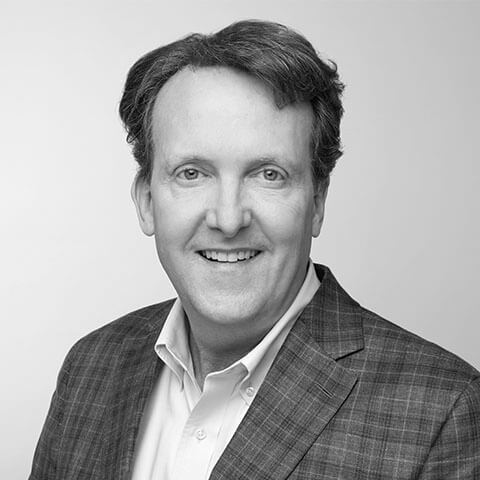A pandemic upends the best laid plans. At M Booth Health, we believe that informed conversations and human connections lead to better health. At our core, we’re in the business of initiating dialogue and forging partnerships with companies and organizations that deliver life-changing therapies and information to people everywhere around the world.
Our expertise as “Health Conversation Catalysts” takes on profound meaning as people start grappling with professional and personal isolation during this latest health crisis. Like many, we made the decision to close our offices and require that all staff work remotely because our highest priority is protecting the health and safety of our employees and everyone in our community.
This morning, our entire M Booth Health staff convened via Zoom to embrace each other virtually. With everyone’s faces on the screen, we looked like a modern-day Brady Bunch or episode of Hollywood Squares. With a focus on physical and psychological health, we shared pointers for staying optimistic, focused, and tethered to each other and our clients while all working virtually. Above all, we talked candidly and encouraged being connected and in conversation with each other and to be human.
Intolerant conversations are just as deadly as having no conversation.
On a personal note, I’d encourage everyone to have one very important conversation. And that is around not tolerating xenophobia and bigotry when discussing COVID-19. By now, we’ve all heard versions of “it was caused by foreigners.” This is simply unacceptable discourse. Many of us cannot forget when the AIDS pandemic was first identified in 1981 and our President turned a blind eye to the national health crisis because “gay men caused it,” never publicly uttering the word “AIDS” until 1985. By then over 12,000 Americans had died of the virus that went on to kill more than 37 million people worldwide. Intolerance and no conversation are equally deadly.
The historians Will and Ariel Durant warn us that man changes habits, but not instincts. As professional health communicators and consultants, it’s our job to facilitate well-informed conversations that resist the instinct to point fingers and blame.
Focus on absorbing, following, and sharing the information that will flatten the curve and demonstrate compassion for your fellow humans.
Talk. Connect. Stay Healthy.


